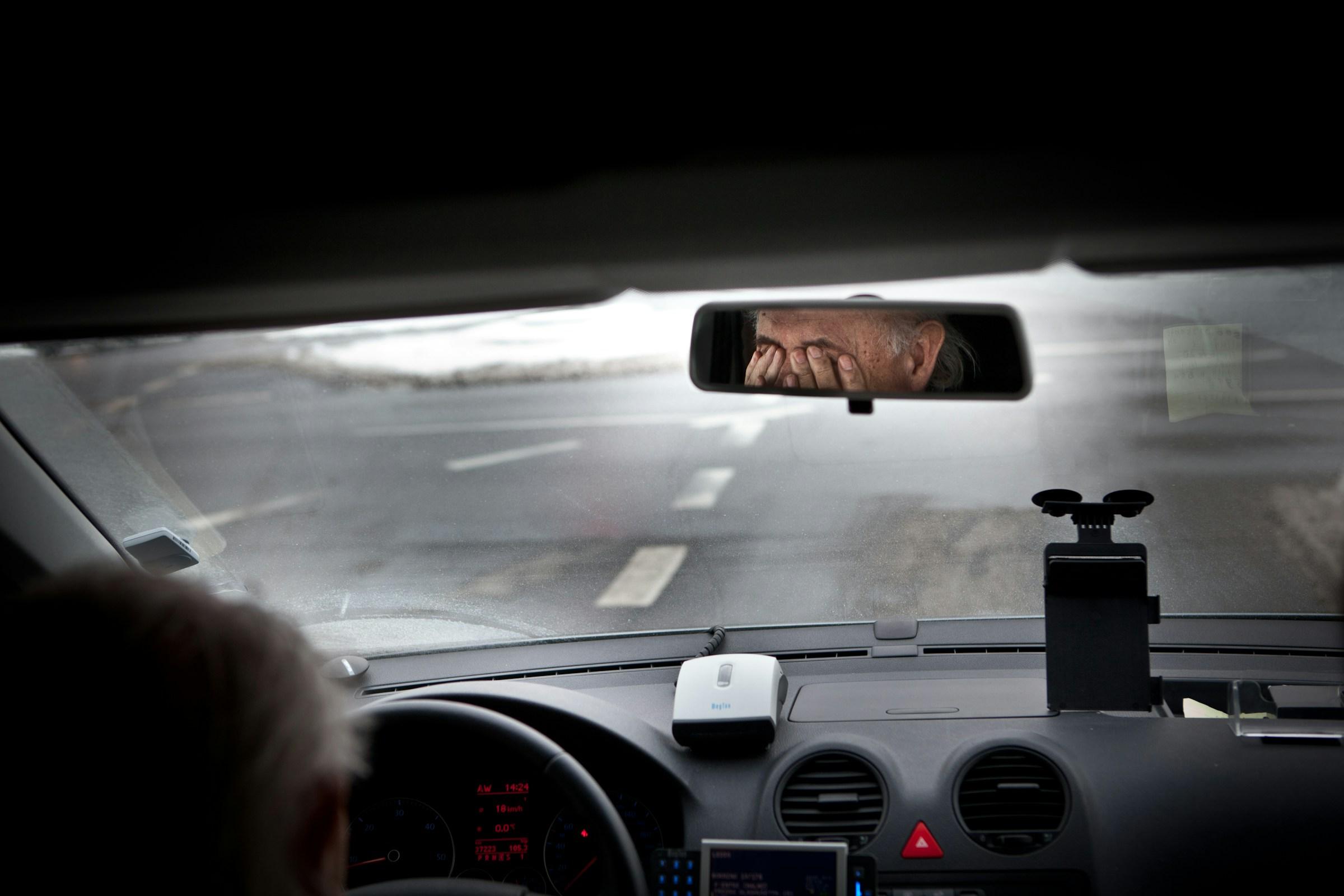Parents today are doing more than ever in the name of love and responsibility. Schedules fill up with lessons, tutoring, and training. Weeknights become logistics exercises that feel like small productions, with pickups, drop-offs, and tightly managed routines. On social media, early morning study clips sit beside motivational captions. In parent chats, people compare enrichment programs with the urgency of a stock tip. All of this looks like care. It often operates as control. This is the quiet force of intensive parenting, a style that promises safety and success but can slowly strip childhood of the space it needs to breathe.
The core pitch of intensive parenting is simple. If parents intervene early and often, children will face fewer struggles later. If the present is optimized, the future will be secure. It sounds protective and rational. In practice, this approach nudges children to outsource their choices to calendars, coaches, and scoreboards. Independence becomes a dangerous experiment. Courage looks risky. A child who rarely gets to choose may struggle to learn how to choose, and that gap shows up as polite indecision that is exhausting to live with.
The pressure does not belong to one country or one demographic. Parents in many cities treat daycare choices and school districts as status signals. Youth sports can morph into résumé building, while language classes and coding camps become an arms race of good intentions. In Southeast Asia, the comparisons can feel even tighter, because extended families and close communities make every milestone visible and discussable. No one demands perfection outright, but the ambient message is clear. Do more. Start earlier. Stay ahead.
As daily life becomes a sequence of metrics, affection and approval can start to feel conditional. Screen time looks like a test of character. Grades become a proxy for virtue. Meals are repackaged as performance fuel. Childhood turns into a project with a dashboard, and success begins to look like a series of screenshots you can show someone else. The problem is not ambition or enrichment by itself. The problem is saturation, because saturation leaves no room for the boredom and wandering that help a child meet themselves.
Mistakes are central to that meeting. Resilience grows through friction, not from a life washed clean of risk. When adults swoop in before the wobble turns into a fall, they protect against bruises and also erase the tiny experiments that teach patience, improvisation, and humor. A plan that goes sideways and a sky that stays up is an important story to carry. Intensive parenting edits those scenes out. The edit looks tidy. The effects are not.
Anxiety often arrives where patience should be. Perfectionism dresses up as discipline and receives compliments. Children become adept at reading adults as if they were algorithms. They search for the correct input to avoid the wrong output. That is not responsibility. That is appeasement. Over time, the inner voice that says try anyway grows faint, because the cost of trying without guarantees feels too high.
Identity also takes on a strange shape when every hour must justify itself. A ten-year-old who manages a full slate of activities can sound like a junior product manager. Conversations about interests drift toward language borrowed from pitch decks. What are you building. Where is your edge. How does this scale. Curiosity becomes something to monetize. Play becomes practice. Even rest becomes preparation for the next goal.
Technology helps and complicates this story at the same time. Location tracking and monitoring tools extend the living room across town. Parents feel relief when a blue dot confirms a safe arrival. That relief is real. So is the temptation to equate constant proximity with true presence. You can see where your child is every minute and still miss who they are becoming. You can collect data and lose the plot. Many families feel this tension but cannot find a way out, because the wider culture rewards vigilance and penalizes trust.
Schools live inside this ecosystem too. Teachers handle frequent requests for more materials, faster pacing, earlier feedback, and special accommodations. Classrooms become another arena for optimization, where learning fights for attention against performance. It is difficult to cultivate wonder when everyone is rehearsing for a test that is always coming. The best teachers make room for wonder anyway, but they are swimming upstream.
None of this makes parents villains. It is important to say that out loud. Many mothers and fathers hold tighter because the world feels uncertain. Jobs change fast. Costs rise. The climate feels fragile. Social mobility looks more like a lottery than a ladder. Effort is the currency that feels honest and available. People spend that currency on their children because it is a way to love in a complicated time. The intention is generous. The outcome can still be heavy.
There is also the matter of access and fairness. Intensive parenting multiplies advantages for families with time, money, and flexible work. Tutors, safe spaces, and structured activities expand the lead of those who already run in front. The language of equal opportunity remains, but the field tilts. Parents who cannot afford the full program feel guilty, even when they are offering the most valuable asset of all, which is steady care and time together without panic.
Social media intensifies every comparison. A single hyper structured routine shared by an influencer can become your new baseline by tomorrow. Trend pieces celebrate precocity, which nudges families toward early specialization. Quiet children who prefer drawing to debate are told to speak up. Loud children who love debate are told to dial it down. Everyone feels observed. Everyone feels a little wrong. When attention becomes a form of currency, kids learn to audition for it and to link their worth to applause.
What gets crowded out is the unremarkable afternoon. The long pause on a carpet with a toy that does not teach a skill. The aimless bike ride. The messy experiment with flour in a kitchen that ends in laughter and a mild disaster. Boredom is not a failure to plan. Boredom is soil. Imagination grows roots in it. Self initiated play begins there. Intensive parenting treats boredom like a leak in the system and rushes to plug it with content.
Relationships pay a price too. When a parent is always directing, a child learns not to volunteer information. Check ins become checklists. Did you finish. What did you score. Who did you sit with. The small, strange stories that make a day feel alive slide off the table. Connection turns into a duty performed on time rather than a conversation that expands. Love is still present, but its shape becomes rigid and instructional.
The teenage years often reveal this tension in sharp relief. The rule follower goes silent or goes sharp. The outward success carries an inward exhaustion. Sleep erodes. Joy arrives rarely and disappears fast. Even the students who thrive inside structure can feel brittle when faced with uncertainty. They are excellent at knowing what is expected. They are less practiced at noticing what matters to them when no one is keeping score.
If this picture feels familiar, it is not a verdict. It is an invitation to recalibrate. The opposite of intensive parenting is not neglect. It is attention without takeover. It is space that communicates trust, paired with boundaries that protect safety. It is a willingness to let children become themselves at their own pace. It is time spent together that is not an investment in productivity but a vote for relationship.
Recalibration can begin with small edits. Choose one slot in the week and leave it unstructured on purpose. Guard it. Call boredom by a kinder name and wait. Ask questions that do not aim at a score. What surprised you today. What felt confusing. What made you laugh. Share your own answers. Let advice arrive later, if at all. Notice the urge to optimize and try naming it instead of obeying it. I want to fix this because I am scared. I want to schedule this because I do not want you to be left out. Naming slows the pattern. Slowness is a friend.
Saying no to some enrichment does not mean abandoning ambition. It means teaching children the difference between growth that is chosen and growth that is forced. It trains an inner sense that can navigate a noisy world. It shows them how to ask not only what am I good at, but what do I enjoy enough to do badly for a while. That second question builds a life, not just a transcript.
In the end, the promise of intensive parenting collapses under its own weight. It tries to guarantee independence by scripting every step, and the method cancels the goal. Children grow into sturdy adults when they practice being themselves, not when they perform as a brand that never falters. The memories that anchor them later are simple ones. A parent who listened without rushing to solve. An evening that was messy and warm. A choice that was theirs to make and theirs to learn from.
The feed will move on to the next routine and the next method. Your child will remember who offered time and trust. That memory will not appear on a dashboard. It will echo in how they treat their own time, their own friends, and their own future. If you want to future proof a child, this is the quiet path. Less management. More presence. Fewer rehearsals. More real life.





.jpg&w=3840&q=75)


-1.jpg&w=3840&q=75)





